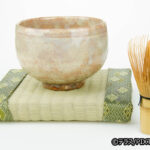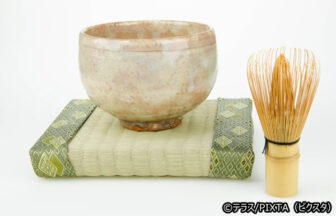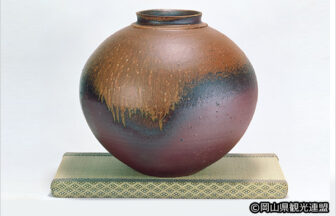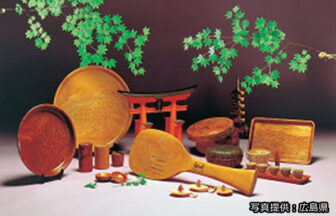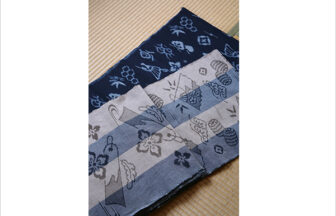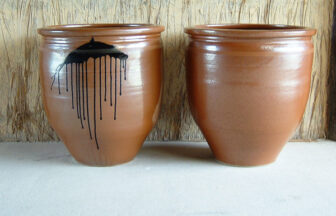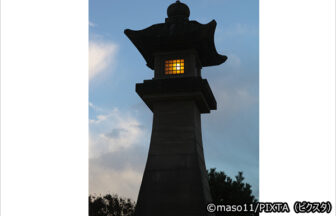Production Area
Kawajiri, Kure City, Hiroshima Prefecture
Historical Details and Geographic Characteristics
The origin of Kawajiri brushes can be traced back to the end of the Edo period when farmers were encouraged to make brushes as a side business after purchasing brushes from Arima in Hyogo Prefecture and selling them. They learned the brush-making process in Arima, but after returning home, they hired craftsmen from the Izumo region of Shimane Prefecture and produced their first brush in 1859, which is said to be the origin of the Kawajiri brush.
At that time, brush making in Izumo used a technique called “neri-maze” for mixing bristles, and Kawajiri brushes are still made mainly by this method. Although this technique is not suitable for mass production, it is ideal for making high-quality, high-end brushes, and Kawajiri brushes are known as one-of-a-kind, high-end brushes made by a single craftsman using this technique throughout the entire process.
In 1903, Kawajiri became the first in Japan to establish an incorporated company, and although it was a latecomer to the industry, its development drew the attention of its peers. Kawajiri brushes reached their peak from the end of the Meiji to the Taisho and prewar periods, and even after the war, they have remained nationally known as a high-end brush production area, with the second largest share of the national market after Kumano brushes (Kumano Town, Hiroshima Prefecture).
Main Retailer/Affiliated Museum
Kure City Kawajiri Fude Museum
| Address | 5502-37 Itakyu, Kawajiri-cho, Kure City, Hiroshima Prefecture |
|---|---|
| Phone | 0823-87-2390 (Kokumin Shukusha Noro Kogen Lodge) |
| Hours of Operation | 9:00 a.m. – 5:00 p.m. |
| Closed | 1st and 3rd Monday every month |
| Admission Fee | Free |
| URL | http://www.norosan.or.jp/kanko/shiryo.html |





